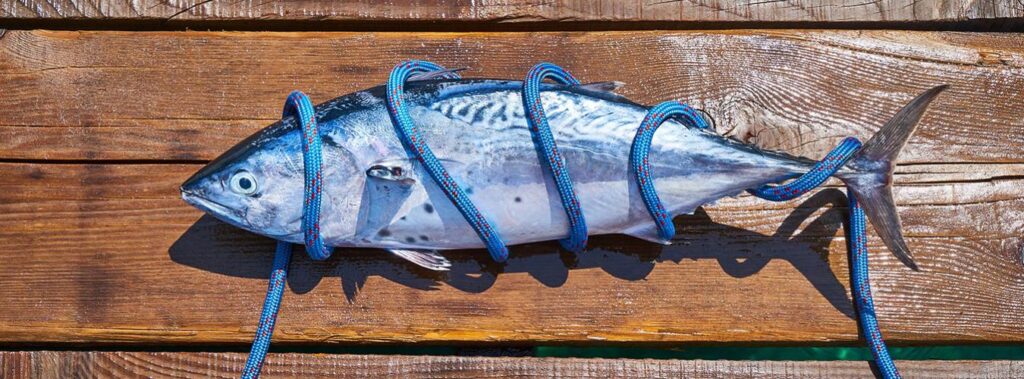World Tuna Day

World Tuna Day

Event Details:
About the Event:
Is your tuna sustainable?
Canned tuna has been a great ally in our pantries during the pandemic. But, regardless of the market exceptionalities caused by the pandemic, we cannot ignore that, for a long time, this product has been a victim of its nutritional success. Tuna is rich in Omega-3 and it also contains minerals, proteins, and vitamin B12, among other advantages.
As a result of the amazing qualities of tuna, the fish are threatened by overwhelming demand. According to the latest data, among the seven principal tuna species, 33.3 percent of the stocks are estimated to be fished at biologically unsustainable levels
That is why in December 2016, the United Nations General Assembly voted to officially observe World Tuna Day.
The move underlines the importance of conservation management to ensure that we have systems in place to prevent tuna stocks from crashing. Many countries depend heavily on tuna resources for food security and nutrition, economic development, employment, government revenue, livelihoods, culture, and recreation.
An overview of the situation
More than 7 million metric tons of tuna and tuna-like species are harvested yearly. These migratory tuna species account for 20 percent of the value of all marine capture fisheries and over 8 percent of all globally traded seafood. With that information in mind, we need to recognize the critical role of tuna in sustainable development, food security, economic opportunity, and the livelihoods of people around the world. Stopping overfishing is of vital importance. Yet, the Food and Agriculture Organization of the United Nations notes that market demand for tuna is still high and that the significant overcapacity of tuna fishing fleets remains.
Addressing the decline in tuna stocks resulting from overfishing in the world’s oceans, the UN Legal Counsel emphasizes the critical importance of effectively implementing the international legal framework, as reflected in the UN Convention on the Law of the Sea, widely known as UNCLOS, which has been strengthened by the Code of Conduct for Sustainable Fishery, the UN Fish Stocks Agreement, recommendations of its Review Conference, annual General Assembly resolutions on sustainable fisheries, as well as other efforts by the international community at the global, regional and national levels.
At present, over 96 countries are involved in the conservation and management of tuna, which has an annual value of almost 10 billion USD, and some FAO relevant programmes have started giving positive results in reducing overfishing.
Let’s be optimistic about the tuna of tomorrow.
Sustainable tuna fishing by 2027
FAO’S Common Oceans Tuna project aims to ensure that all major tuna stocks are fished at sustainable levels by 2027. This ambitious goal is part of its efforts towards more sustainable tuna fishing and biodiversity conservation. From 2014-2019, the Common Oceans Tuna project helped reduce the number of tuna stocks experiencing overfishing from 13 to 5.

